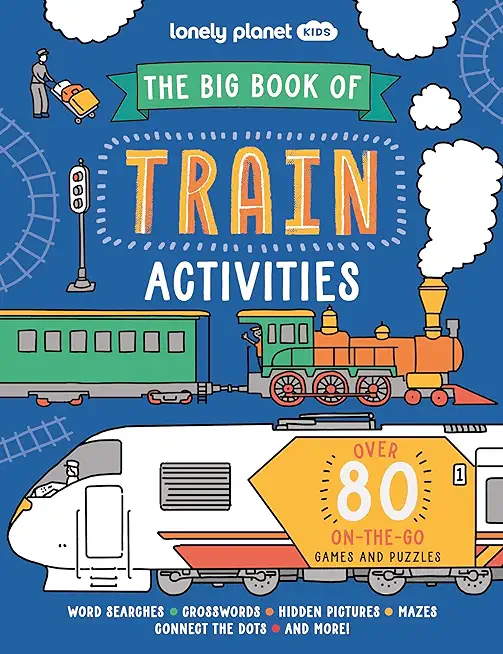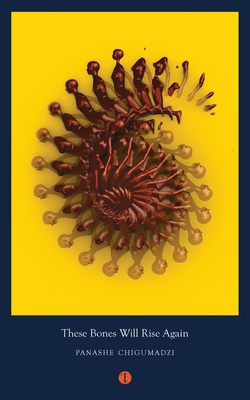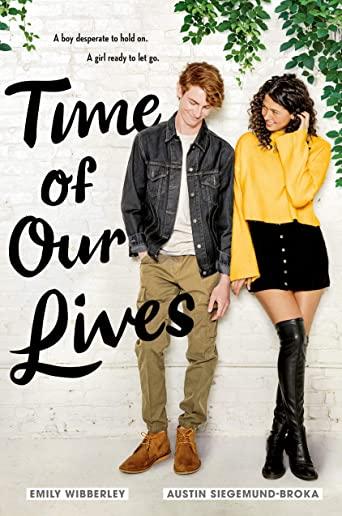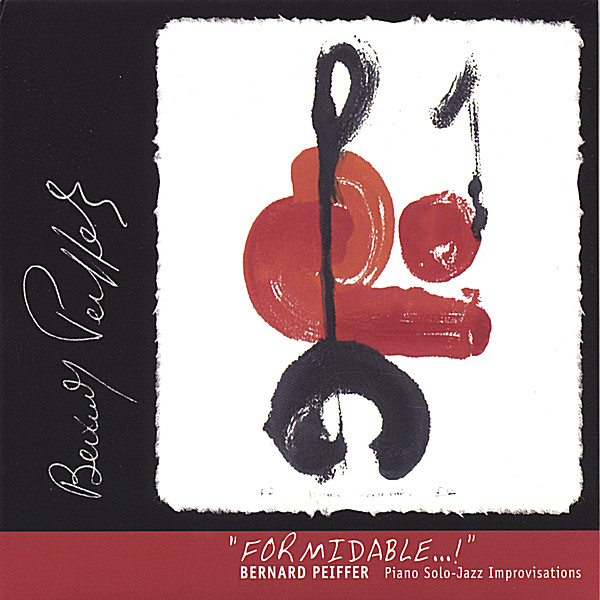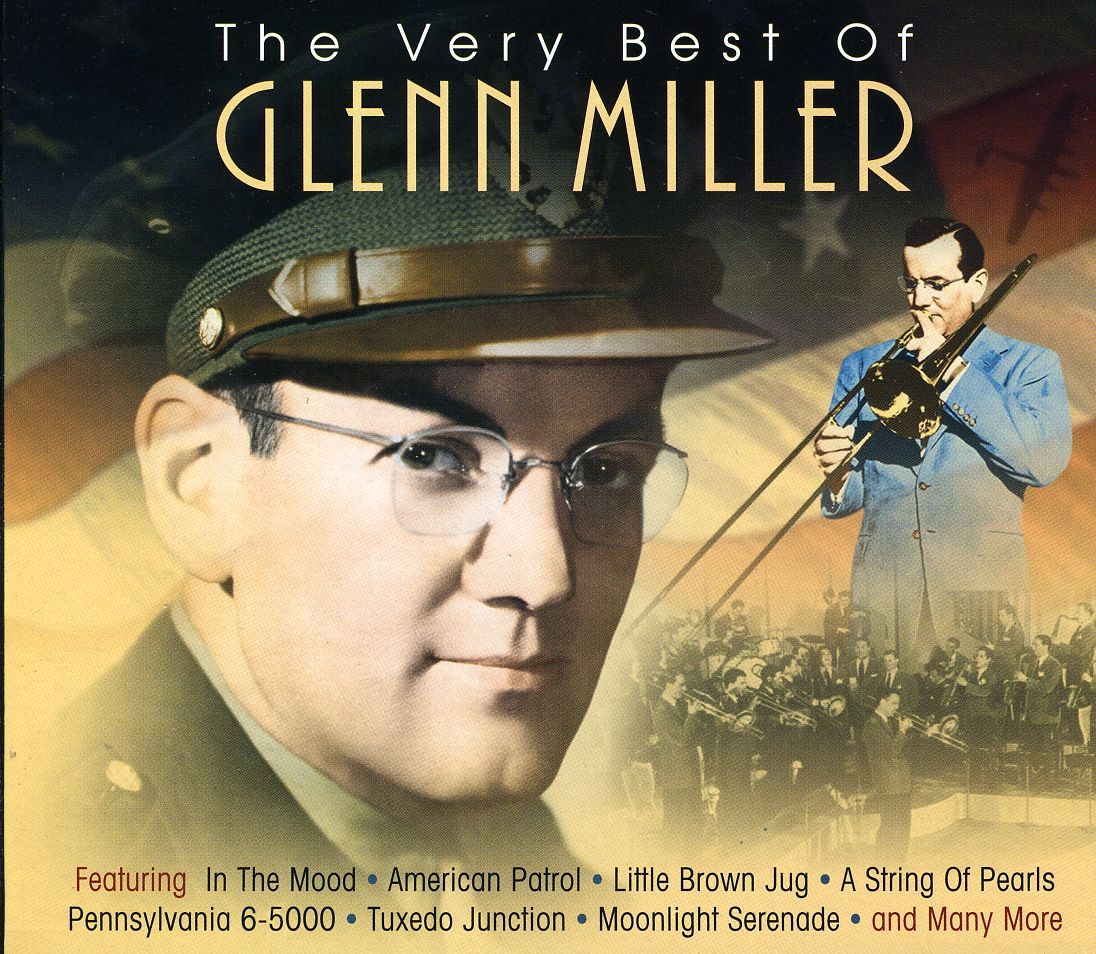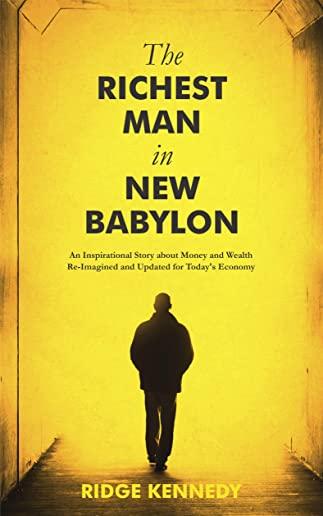
Kennedy, Ridge
Do you worry about money? Having enough money to pay your bills? Figuring out how to pay for your student loans? Your rent? Your next meal?
Do you ever have the feeling that the financial system is overly complicated? That it's rigged? That it's working against you?
Guess what-you're right. The system is rigged. The modern American consumer-oriented economy helps rich people get richer. It helps comfortable people stay comfortable.
This book is for the rest of us.
Think about a worst-case scenario. No job. Lots of debt. And about the worst employment resumé you could possibly have. Most recent position? Prison inmate.
How do you get on a path to financial security when that's where you're starting out?
The Richest Man in Babylon, a collection of pamphlets written in the 1920s by George S. Clason, tells stories, set in ancient Babylon, about how to manage money. The tales are cartoonish and superficial in many ways, but were very influential when published and are well-remembered today, even by professional financial planners.
This book, The Richest Man in New Babylon, builds on the principles contained in Clason's parables. It reimagines and expands on these ideas in a new story set in a contemporary, mid-sized American city. You'll meet memorable characters who introduce a set of key principles for money management-the rules. You'll also learn to appreciate the additional personal and social skills required for success. And, as you follow one person's journey, the story offers one more vital element to help you on the path to financial security.
Hope.
This is a book for people who want to "keep it simple." It's a book for people who want to cut through the clouds of consumerism and murk of marketing. It's a book for people who work hard and feel like they deserve to keep some of their hard-earned money.
What Other Readers Say
I really like this book; both the financial advice and the story. It provides actionable, practical, and up-to-date financial lessons presented in an engaging story. You will cheer for Jamaal as he takes control of his financial affairs and his life.
Jean Abbott, EdD, MBA, CPA;
Associate Professor of Business Studies, Accounting; Stockton University
I enjoyed the book and found it to be an easy read. It covered the important elements of personal financial planning without overwhelming the reader with technical details.
Kenneth B. Shapiro, CPA/PFS, CFP;
Shapiro Financial Security Group, Inc.; Hazlet, New Jersey
I just finished the book. The last part brought tears to my eyes. Seeing this young man change and grow, and then come full circle to help someone else was inspiring. The rules are laid out in a way as to make them timely and accessible.
Jeanne Felfe; Author and Editor;
St. Charles, Missouri
As I read, I found myself comparing the rules that were taught to my own practices and can honestly say, I learned a lot and will have to put several of the rules into practice.
Taneisha Spall, M.Ed.;
Corrections School Principal; SCI - Chester, PA
The story was engaging and I rooted for Jamaal. Sometimes these stories tend to be a little too in-your-face or morally superior, but you did a good job avoiding that by keeping it strictly on Jamaal and his journey. I also thought you did a good job of portraying black people. While there were certainly stereotypical types, you painted them as human, which I appreciated.
Michael La Ronn,
Author, YouTuber and Podcaster, Des Moines, Iowa

